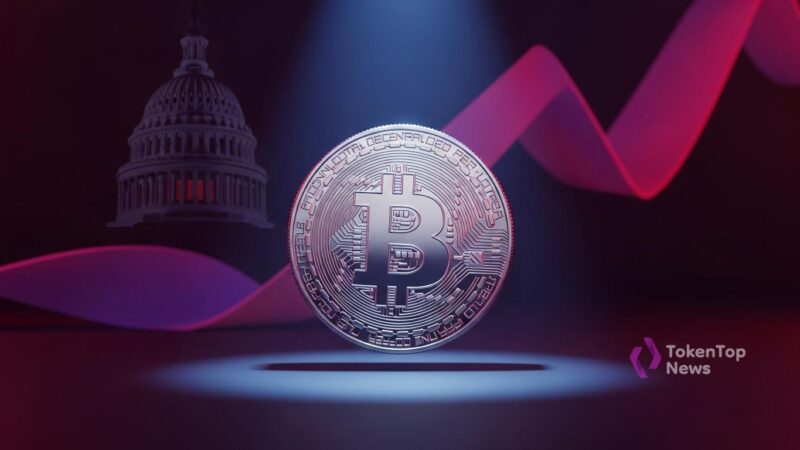Ethereum Dips Below $1,700 Amid Market Turbulence
- DeFi platforms are gaining traction, providing alternatives to traditional banking.
- Smart contracts enable automated transactions without intermediaries.
- Risks include volatility and security vulnerabilities.
- Governments are starting to regulate DeFi to protect consumers.
- Investors are advised to conduct thorough research before participating.

The Rise of Decentralized Finance: Transforming Traditional Banking
Decentralized Finance (DeFi) is rapidly changing the way we think about banking and finance. By leveraging blockchain technology, DeFi platforms are offering innovative solutions that challenge the traditional financial system.
One of the key features of DeFi is the use of smart contracts, which allow for automated transactions without the need for intermediaries like banks. This not only reduces costs but also increases efficiency for users.
However, the rise of DeFi is not without its risks. The volatility of cryptocurrencies can lead to significant financial losses, and security vulnerabilities in smart contracts can expose users to hacking and fraud.
In response to the growing popularity of DeFi, governments around the world are beginning to implement regulations aimed at protecting consumers. These regulations could shape the future of DeFi and its integration into the mainstream financial system.
For investors looking to enter the DeFi space, it is crucial to conduct thorough research and understand the risks involved. As the DeFi landscape continues to evolve, staying informed will be key to navigating this exciting new frontier.




